Help your students demonstrate the passage of time in their writing with 35 time connective word cards.
What are Time Connective Words?
Words that show the order of events are called time connectives. They help us understand the order in which things happened, from the beginning to the end.
Using time connectives can be very helpful for young writers in improving their writing skills. It helps them to structure their writing in a clear and organized way. By using connective words, young writers can describe events in a logical sequence, making it easier for readers to follow their ideas and understand the sequence of the story. For instance, when writing a story, young writers can use words like “first,” “next,” “then,” “after,” and “finally” to organise their ideas and events. This helps to ensure that the story is coherent and flows smoothly from one event to the next. These words are beneficial to students, not only in writing but across other subject areas as well.
Paired with the right resources, this word wall will provide a definite boost to your students’ vocabularies. These word wall cards pair perfectly with your narrative writing unit and these downloadable resources!
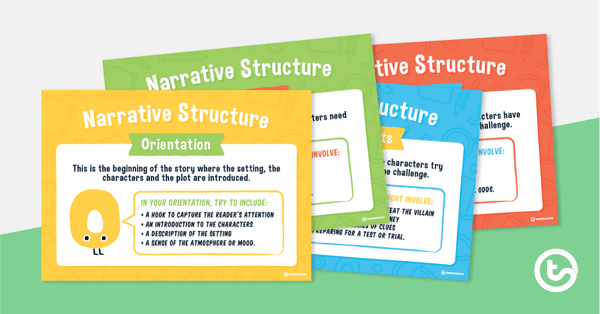
teaching resource
Narrative Text Structure Posters
Brighten your classroom and teach narrative paragraph structure with this set of 8 engaging posters designed to make narrative writing clear and fun for students.
Using time-order words also helps young writers to develop their vocabulary and language skills. They learn to use transitional words and phrases, which can make their writing more sophisticated and interesting to read.
Download and Print Your Text Connectives Word Wall
Print out and display these time-order transition word wall cards in your classroom. This resource download consists of 35 different time-order transition words and phrases. Use the download button to select the editable Google Slides file or the print-and-go PDF download.
A blank sheet is provided at the end of this teaching resource for any extra words that you may wish to add.
Time Connective Words include:
first of all, firstly, to start with, to begin with, initially, soon, then, next, before long, afterwards, after a while, a while later, as time passed, following that, later on, suddenly, eventually, and more!
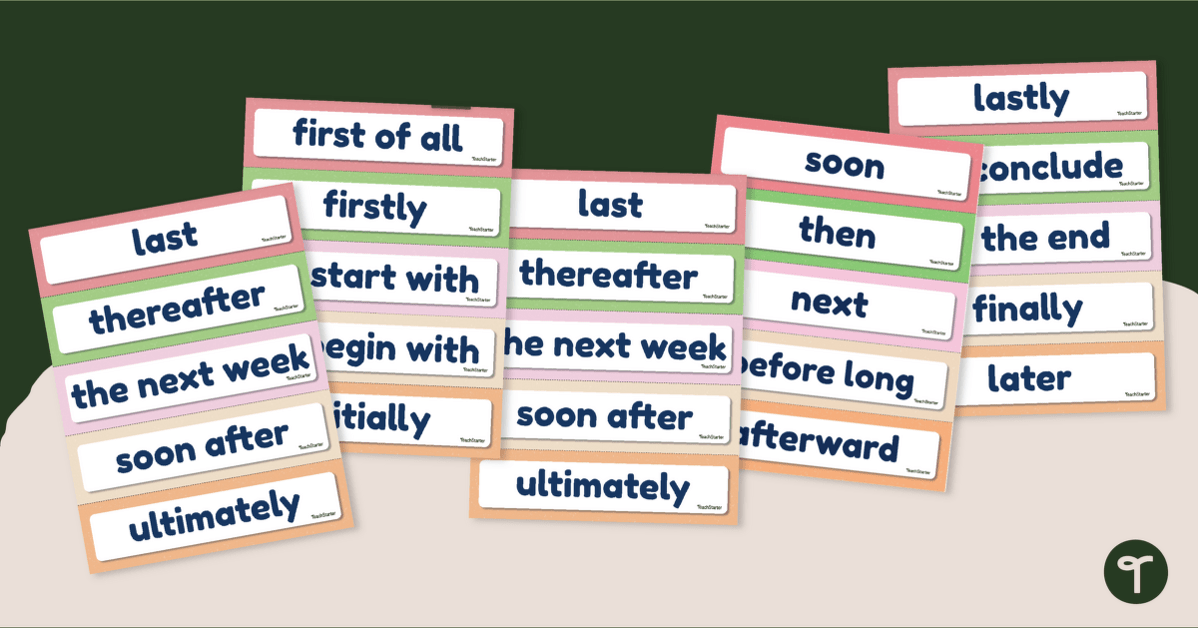

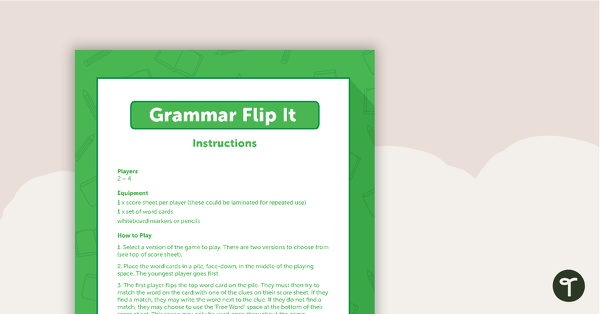
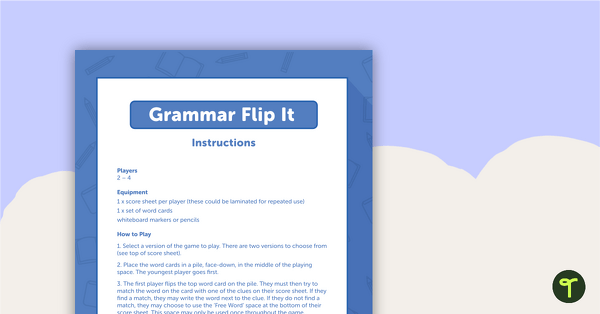
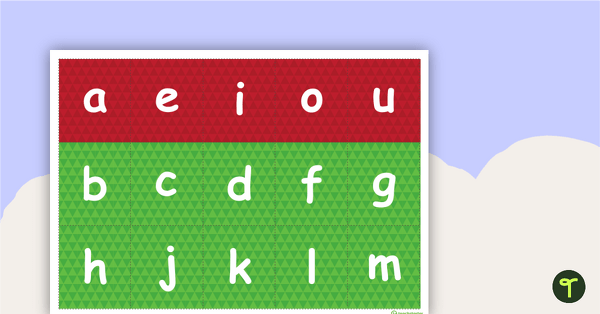
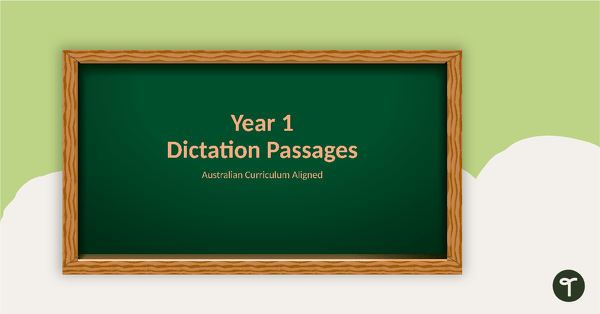
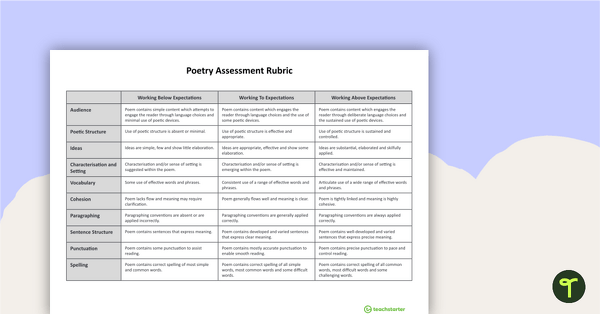
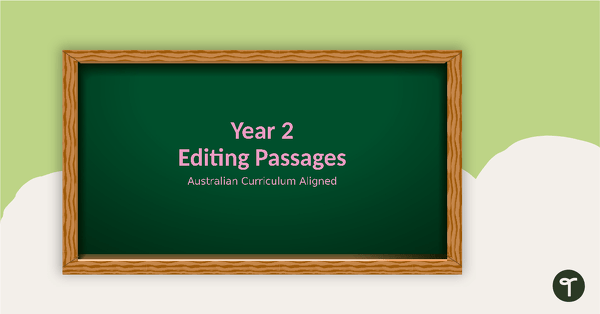
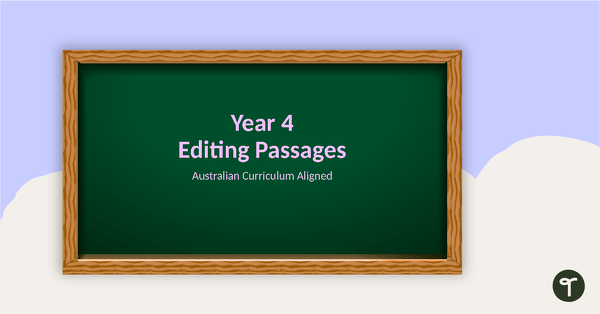
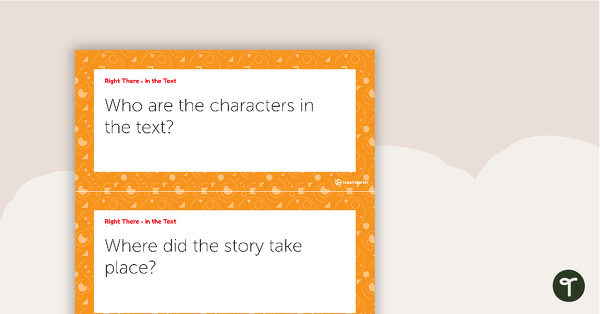
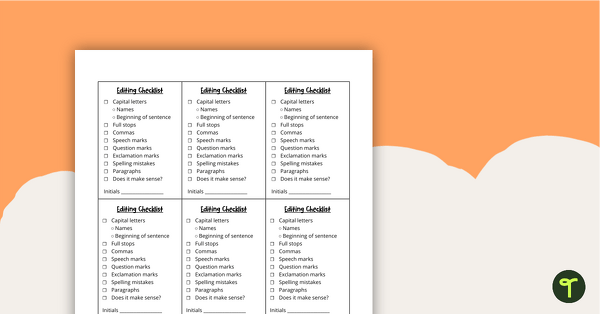
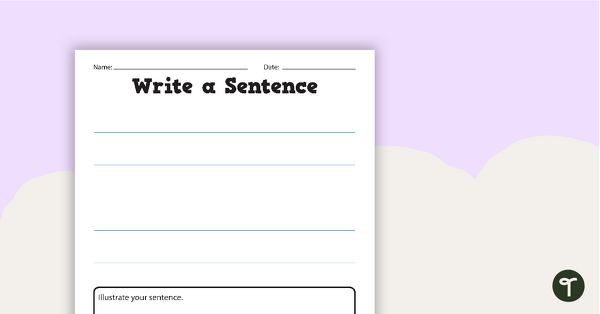
6 Comments
Write a review to help other teachers and parents like yourself. If you'd like to request a change to this resource, or report an error, select the corresponding tab above.
No comments yet.